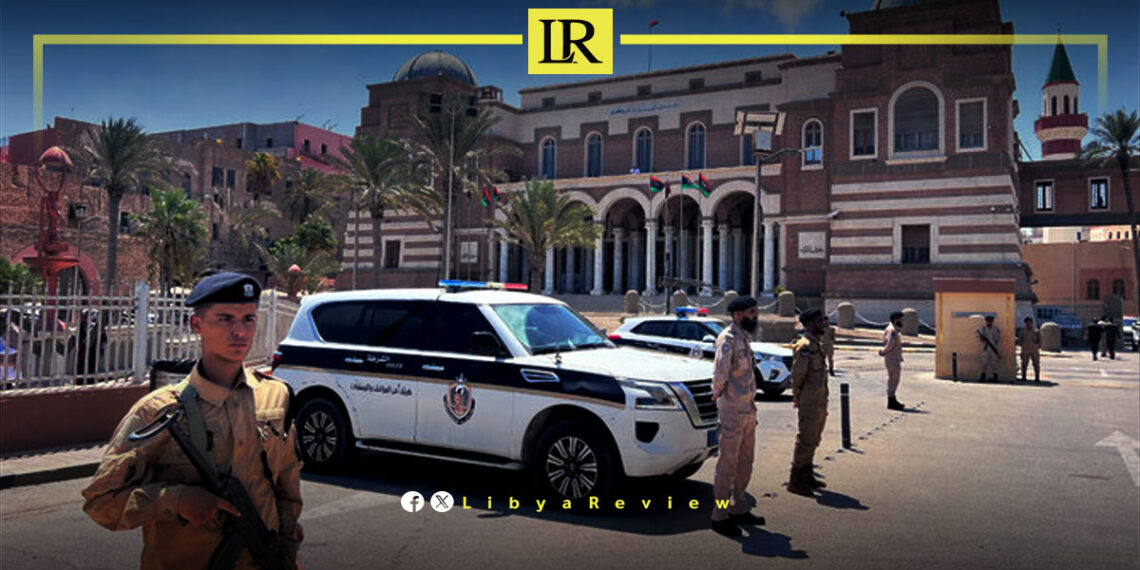According to Africa Intelligence, the leadership crisis within Libya’s High Council of State (HCS) is derailing efforts by Acting UN Envoy Stephanie Khoury to resolve the ongoing conflict surrounding the governorship of the Central Bank of Libya (CBL).
Khoury has been working to secure an agreement on the governorship, a role essential for stabilizing Libya’s economy and managing its vital oil revenues. However, her progress has been significantly hampered by political deadlock within the HCS.
The root of the problem lies in the disputed election held on August 6, 2023, which has left the council without a recognized leader. Khoury requires the approval of the HCS president to move forward with the negotiations, but the lack of consensus on the council’s leadership has left her efforts in limbo. This delay is not merely a bureaucratic hurdle; it threatens to deepen Libya’s financial instability and prolong its political divisions.
The CBL, as the primary institution responsible for managing the country’s oil revenues and overseeing national monetary policy, is a crucial player in Libya’s economic landscape. The governorship of the bank has been a contentious issue, especially given the power struggle between Libya’s rival governments in the east and west. The position has become highly politicized, and the inability to appoint a new governor is exacerbating an already fragile situation.
Libya’s economic future remains uncertain as long as this deadlock persists. The absence of a unified central bank leadership undermines financial stability, which is essential for the country’s recovery. Without swift resolution, the ongoing political paralysis could further entrench regional divides and complicate international mediation efforts aimed at ending the conflict.


